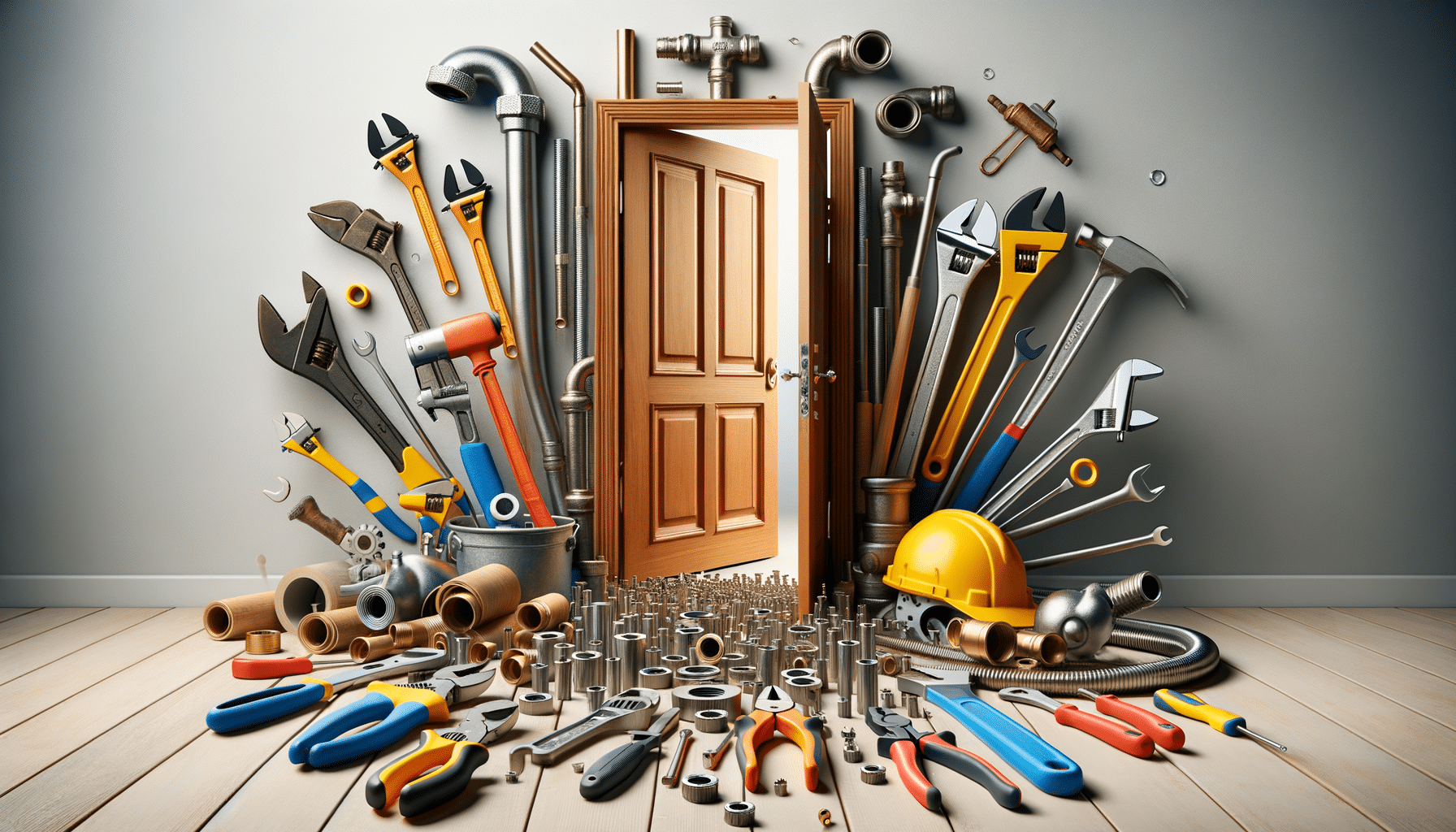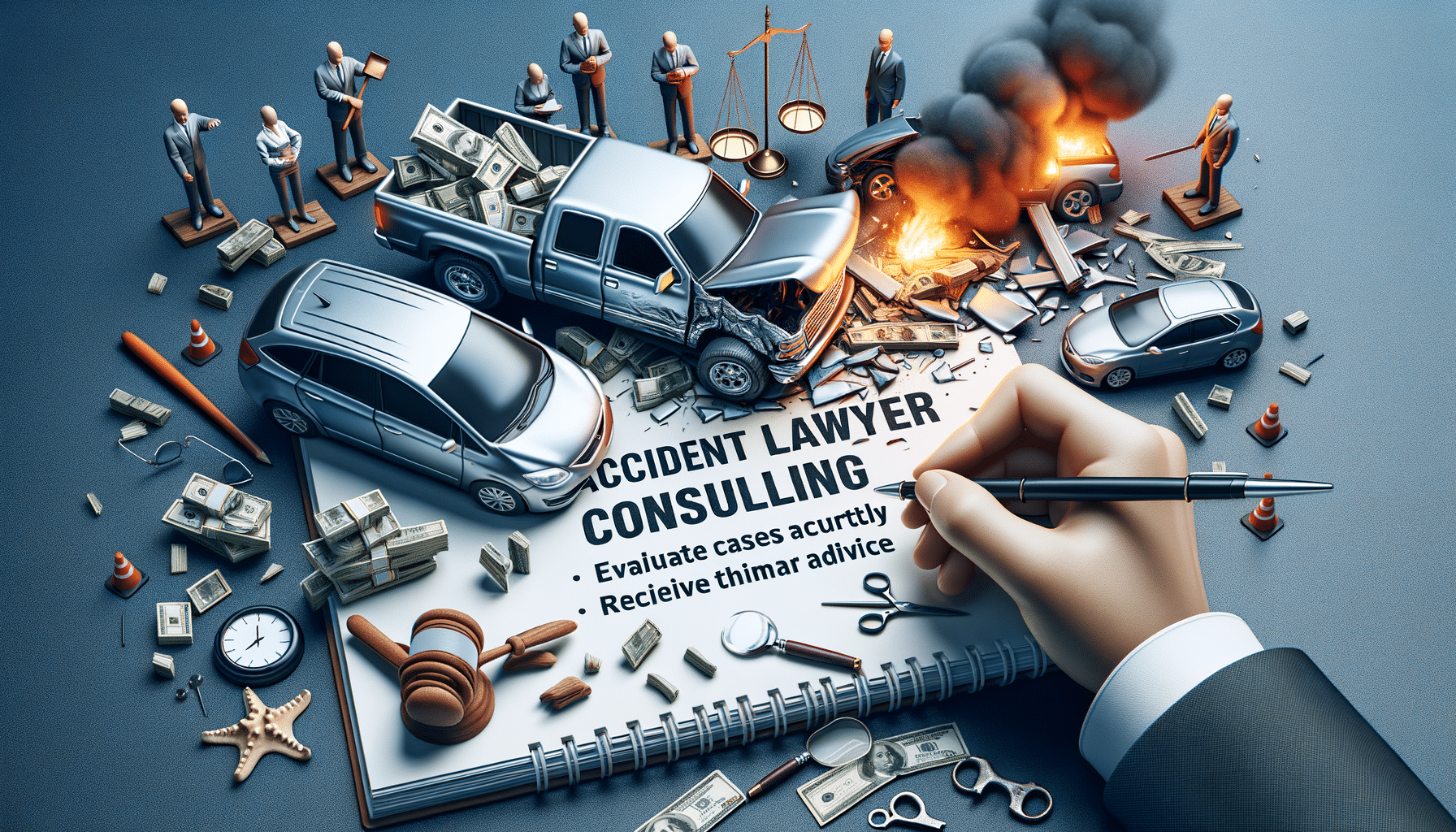
Exploring the Surging Demand for Plumbing Jobs and Steps to Enter the Field
The Growing Demand for Plumbing Professionals
The demand for plumbing professionals has been steadily increasing over the past few years, driven by several key factors. Urbanization and the continuous development of residential and commercial infrastructure have necessitated the need for reliable plumbing systems. As cities expand, the requirement for skilled plumbers to install, maintain, and repair these systems becomes more critical. Additionally, the aging population of current plumbers nearing retirement has created a gap in the workforce, further amplifying the demand for new entrants.
Moreover, the trend towards sustainable living has led to an increased focus on eco-friendly plumbing solutions, such as water-saving fixtures and efficient waste management systems. This shift not only requires traditional plumbing skills but also knowledge of modern technologies and sustainable practices. As a result, the plumbing industry is not only growing but also evolving, presenting a dynamic field with diverse opportunities.
For those considering a career in plumbing, the current market conditions are highly favorable. The combination of a high demand for services and a shortage of skilled labor means that job security and competitive wages are well within reach. This makes plumbing a viable and attractive career choice for many.
Steps to Enter the Plumbing Field
Embarking on a career in plumbing involves several key steps, each essential to building a strong foundation in the industry. The first step is obtaining the necessary education and training. Many aspiring plumbers start with a high school diploma or equivalent, followed by enrolling in a technical school or community college offering plumbing programs. These programs provide theoretical knowledge and practical skills, covering areas such as pipe systems, blueprint reading, and safety protocols.
After completing formal education, the next step is gaining hands-on experience through an apprenticeship. Apprenticeships are invaluable, offering real-world exposure under the guidance of experienced professionals. Typically, these programs last four to five years, during which apprentices work alongside licensed plumbers, learning the intricacies of the trade.
Upon completing an apprenticeship, aspiring plumbers must obtain a license to practice professionally. Licensing requirements vary by region but generally involve passing a comprehensive exam that tests knowledge and skills. Once licensed, plumbers can choose to specialize in areas such as residential plumbing, commercial systems, or green plumbing solutions, further enhancing their career prospects.
Career Advancement and Opportunities
The plumbing industry offers numerous opportunities for career advancement and specialization. Once established in the field, plumbers can pursue advanced certifications that open doors to higher-level positions and increased earning potential. Certifications in specialized areas, such as backflow prevention, gas fitting, or medical gas systems, are highly regarded and can set professionals apart in the job market.
Additionally, experienced plumbers may choose to start their own business, offering services to a broader client base. Entrepreneurship in plumbing can be highly rewarding, allowing individuals to apply their skills while managing their operations. Business ownership also provides the flexibility to explore innovative solutions and expand service offerings.
For those interested in furthering their education, pursuing a degree in construction management or engineering can lead to roles in project management or consulting. These positions often involve overseeing large-scale projects, coordinating with other trades, and ensuring compliance with regulations.
The Role of Technology in Modern Plumbing
As technology continues to advance, its impact on the plumbing industry is increasingly evident. Modern plumbing solutions incorporate cutting-edge technologies that enhance efficiency, safety, and sustainability. For instance, smart home systems now include water management features that allow homeowners to monitor and control water usage remotely, reducing waste and lowering utility bills.
In commercial settings, technology plays a crucial role in maintaining complex plumbing systems. Advanced diagnostic tools and software enable plumbers to identify issues quickly and accurately, minimizing downtime and repair costs. Furthermore, the integration of Building Information Modeling (BIM) in construction projects allows for precise planning and coordination, ensuring seamless plumbing installations.
For aspiring plumbers, staying abreast of technological advancements is essential. Continuous learning and professional development opportunities, such as workshops and online courses, can help professionals remain competitive and adaptable in this rapidly evolving industry.
Conclusion: A Promising Future in Plumbing
The plumbing industry offers a wealth of opportunities for those willing to invest in their education and training. With a growing demand for skilled professionals and the evolution of plumbing technologies, the field promises a rewarding career path with job security and the potential for advancement. Whether you’re just starting or looking to specialize, plumbing offers a dynamic and fulfilling career choice that is essential to modern living.
By understanding the steps to enter the field and the potential for growth, individuals can make informed decisions about their future in plumbing. As infrastructure continues to develop and sustainable practices become more prevalent, the role of plumbers will remain indispensable, ensuring a bright future for those in the profession.

